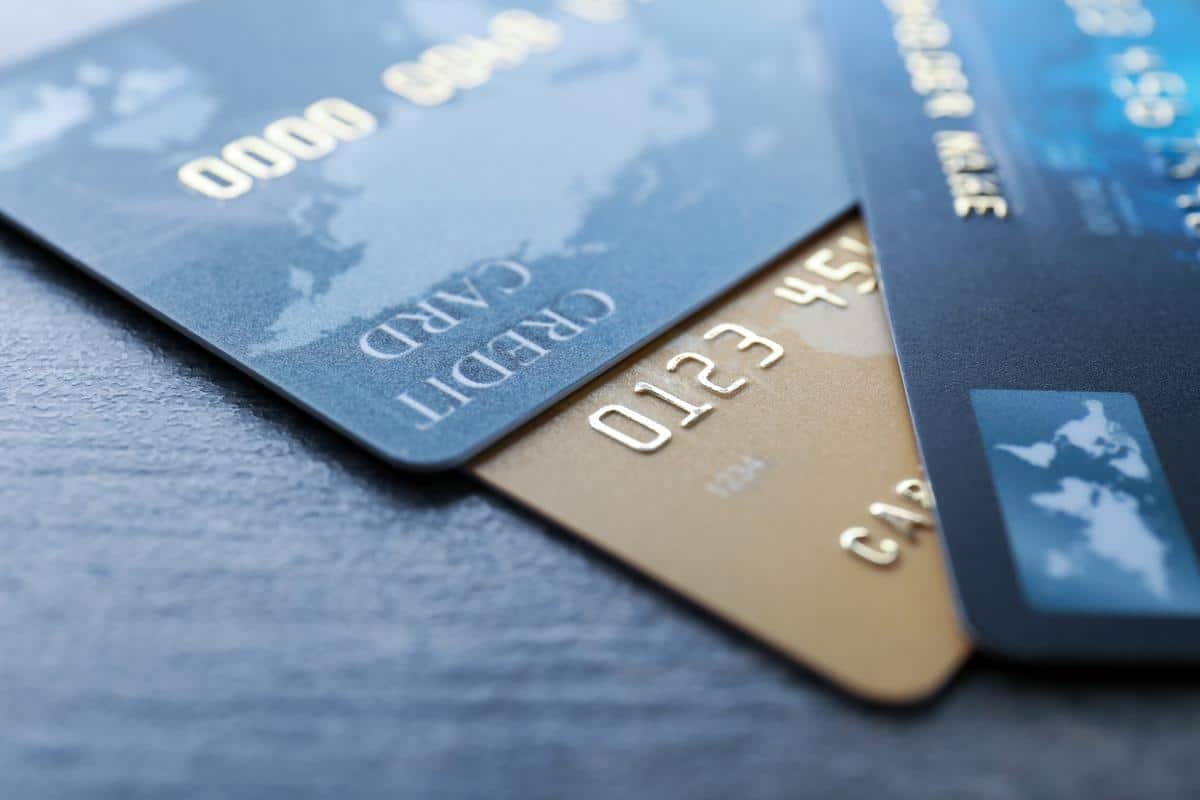Using Your Credit Card While Travelling

The credit card is a commonly accepted form of payment and thus very handy to use abroad, for instance, while backpacking, on holiday, or during a business trip. You can use these at stores, restaurants, hotels, ATM’s and other companies.
Credit cards are being accepted abroad more often than your regular debit card. Apart from that, a credit card is convenient to use because you can set absolute balance reserves. This isn’t the case with most regular debit cards. Most hotels and car rental companies gladly use this feature.
Using your credit card abroad comes with certain essential factors:
– Acceptance of your credit card issuer (Visa, Mastercard, American Express)
– Secret PIN code and signature
– Withdrawing money abroad
– Foreign Exchange commissions and fees
In this article, we will outline a few of these subjects and give you a few handy tips for using your credit card abroad during your holiday, study, or business trip.
Acceptance of your credit card
Like we said before in the brief introduction to this article, the credit card is a globally accepted payment method. Yet, not everywhere, credit cards are being taken. It’s quite easy to find out which credit cards are accepted in which countries. Some only accept Visa and Mastercard while other countries prefer American Express and Discover. Most of the time, this information is clearly stated outside of a store, hotel, restaurant, or company by big logos in the form of stickers. Are you in doubt? Then ask the store, hotel, or restaurant staff with which credit cards you can pay in advance.
We would advise you to use a credit card that is globally accepted or in the country you’re traveling to. In most cases, this is either Mastercard or Visa. American Express or AMEX is also widely accepted, but overall a little bit less, compared to the former two.
Some countries prefer Mastercard over Visa or vice versa. An AMEX credit card is in general handy as second credit card as this type of card often comes with some perks for the user, like air miles and lounge access on certain airports.
PIN code and signature
Wherever you withdraw money with your credit card, you end up paying transaction fees. In most cases, this is a set percentage of the amount you withdraw. Sometimes these fees are bound to a set rate or amount per transaction. If you have a negative balance on the card, the transaction fees are higher in most cases. In the terms and conditions of your credit card application fees, you can find the transaction and withdrawal fees that come with your card.
Withdrawing Money
Once you make a withdraw, it’s smarter to use your regular debit card if possible. In this case you don’t pay any transaction fees at all or a relatively low fee. In the case of a credit card, you pay around 3% of the purchase or withdraw the amount or about $5.
Please note:
With a positive balance on your card, your transaction costs are a lot lower. You can save at least 1% or up to $2 per purchase or withdrawal. This is the case with most credit cards issued by ICS (International Card Services). You can create a positive balance on your credit card by topping it up regularly with your debit card or sending money from your savings account on your credit/checking account.
Withdrawing foreign currencies
If you withdraw foreign currencies, a credit card can be cheaper compared to a regular debit card. Primarily when ICS issues your credit card, and you maintain a positive balance.
Foreign Exchange Fees and Commissions
Paying with your credit card in dollars is free most of the time unless specific fees are correctly pointed out by the store or merchant. If you pay in foreign currencies, like British Pounds, European Union Euros, or Thai Baht, you pay a so-called foreign exchange fee. The height of this fee depends on your credit card issuer, bank, and terms and conditions attached to your chosen card. If you have a Visa Gold card or Mastercard Black, you can expect to pay between 1,5 and 2,5 percent per transaction, while using a regular credit card costs you around 3% per transaction.
Also, when you withdraw foreign currency from an ATM, you pay foreign exchange fees. This means that you end up paying both transaction fees for the withdrawal AND foreign exchange fees. It’s almost always smart to withdraw significant amounts now and then instead of removing small amounts countless times.
Tips and tricks using your credit card abroad
When you are planning to use your credit card elsewhere, it’s smart to use the following tips and tricks. You will save a lot doing so.
Check your limit(s) and expiry date
It would be stupid if you arrive at your destination, and it happens to be the case you have a to small limit to conduct payments. It can also be the case that your credit card is expired, which makes it unusable. Always check these things in advance.
Check your maximum withdrawal amount
With most credit cards, you can only withdraw a certain amount daily. This is also called the daily limit. Take this into consideration while using your credit card abroad, especially when you need significant amounts. Most credit cards have a daily or weekly withdrawal limit and are subject to a so-called rolling period, most of the time in the U.S. standard. Inquire your bank before you go.
Fees and commissions
Once you start using your credit card abroad, take into consideration that there will be fees and commissions payable. The fees do add up after a while.
Pay in local currency whenever you can
Foreign banks and companies will sometimes offer you to pay in their currency. This seems attractive, but most of the time, this is not the case as foreign banks charge a more expensive foreign exchange rate compared to your bank or credit card issuer. Most American banks will advise you to pay in local currency whenever you can.
Use your credit card wisely
Prevent theft and fraud with your credit card by using it wisely. This means that you:
– Store your credit card in a safe place
– Cover your secret or PIN code
– Check your credit card statements regularly
– Call your bank as soon as you discover something weird








